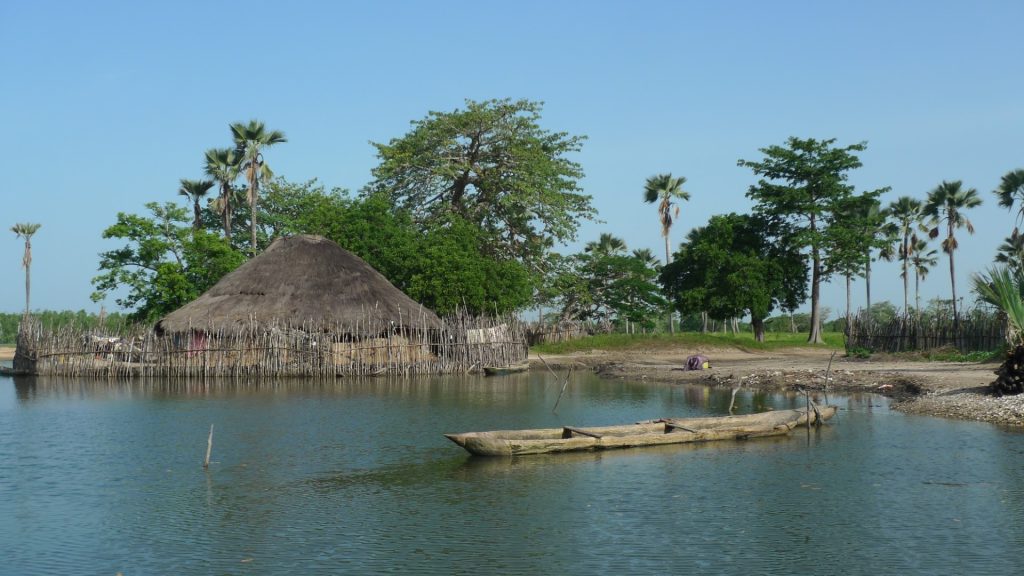Community-Driven Mangrove Restoration and Agricultural Innovation in Guinea-Bissau
Guinea-Bissau’s mangrove ecosystems, which cover approximately 9% of the country, are among the most productive and threatened ecosystems in the world. These mangroves provide critical services such as carbon storage, storm protection, and support for biodiversity. However, the total area covered by mangroves has declined by 32% since 1940 due to agricultural expansion and coastal development. TRI’s project in Guinea-Bissau focused on reversing this trend by restoring degraded mangrove areas and rehabilitating abandoned rice fields, which are often located within mangrove zones, through a community based approach – with a particular focus on women empowerment.
Community-Led Conservation Efforts and Women Empowerment
The TRI project in Guinea-Bissau made significant strides in restoring degraded landscapes and supporting local communities. Throughout the five years of active restoration, community engagement, and contextually innovative problem solving, the project brought 2,553 hectares of land under restoration, and 1,600 hectares under improved management. These restoration efforts have greatly enhanced the ecological health of the region, providing essential ecosystem services such as storm protection, improved soil productivity, and increased carbon storage.
TRI Guinea-Bissau elevated the lives of 11,657 direct beneficiaries, through various capacity-building activities like training sessions, workshops, and the introduction of alternative sources of income. The project placed a large emphasis on the support of women’s leadership, prioritizing the implementation of income-generating activities such as horticulture, solar salt farms, and oyster farming – all of which were bolstered by local women across Guinea-Bissau. These economic endeavors have not only empowered the lives of thousands of women, providing them with the means to sustain their livelihoods through diversified income sources, but have also reduced community pressure on natural resources – establishing a culture of sustainable land use as opposed to exploitation.… Read the rest
